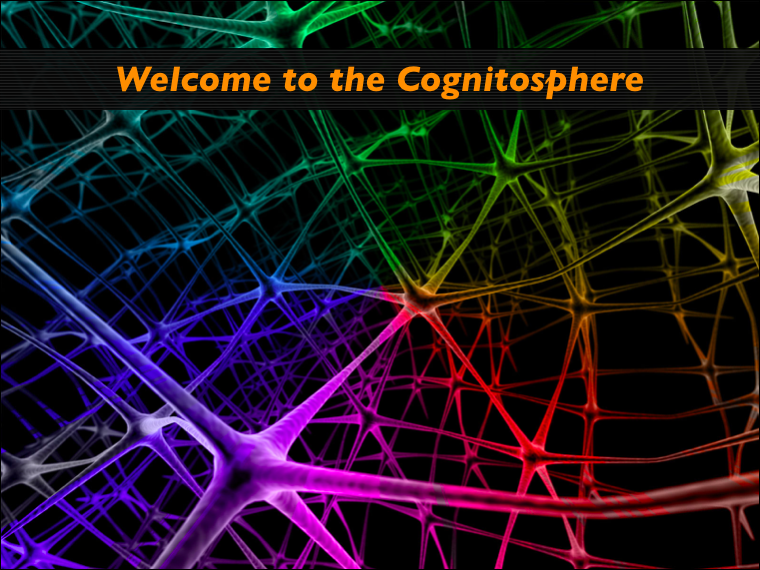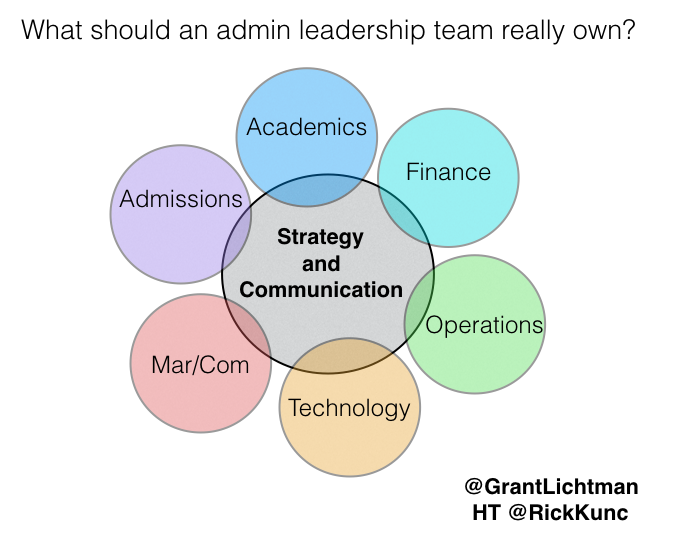Am writing this blog post is in real time. In the 101 Track of #fuse14, the coaches are leading what they call a “flash lab” a quick introduction experience that compresses the DT process into very short segments. Attendees have partnered with people they never met before five minutes ago. The group was handed the challenge “12 grade graduation”. Protocols/steps include: (and am writing this in real time so please forgive!) It looks like this is going to blow through in only about one hour; a flash experience but one that will give participants the faith that they can do this…and will go deeper into the steps this afternoon. How long does this process usually take at our schools? Days? Months? Years? This is part of the power of DT-type events; we can get to “yes” vastly more quickly, and with more authentic buy-in, than most of us ever thought possible. We just need to have a mindset open to a different process.
- Word Web: jot down words that come to mind.
- Rose, Thorn, Bud: what are bright spots, pain points, and possibilities inherent in the challenge?
- Interview: partners interviewing each other to gain empathy with another end user. Working on skills of questioning and real listening. How often do we let an opportunity to learn pass us by because we are not REALL listening to someone else?
- Second Round Interview: dive more deeply into something that important that surfaced in the initial brief interview. Explore those key issues that you heard.
- Empathy: Define/Distill: Narrow, filter, bring it down to bare bones. Who did you meet? What blew your mind? What if? Not designing solutions, but better defining the issues that stood out during the interviews. Got very quiet in here as each person is unpacking and synthesizing their interview knowledge.
- How Might We: turning a defined problem into a set of questions that you can brainstorm. (See how far into the process solutions/answer occur?!)
- Good brainstorming: defer judgement; go for volume; be visual; build on ideas of others; stay on the topic; encourage wild ideas.
- Four Corners: way to gather feedback. Things I like; things I don’t understand; things that could be improved; new ideas to consider. Not trying to convince a partner that we are right; gathering feedback on potential solutions.
- Write or sketch solution/idea; Version 2.0 now with feedback.
- Tell the story; 60 seconds. Who did I meet? What moved you? What was the need? What is the solution? What is the impact?
See how much valuable KNOWLEDGE has been gathered in this process that we would not have had if we had started off by brainstorming solutions right away, which is the traditional way to solve a problem? And it took just an hour!
Whew. Lots there. The DEEP Playbook that will be available after the conference has this spelled out much better than I did here!




Leave A Comment